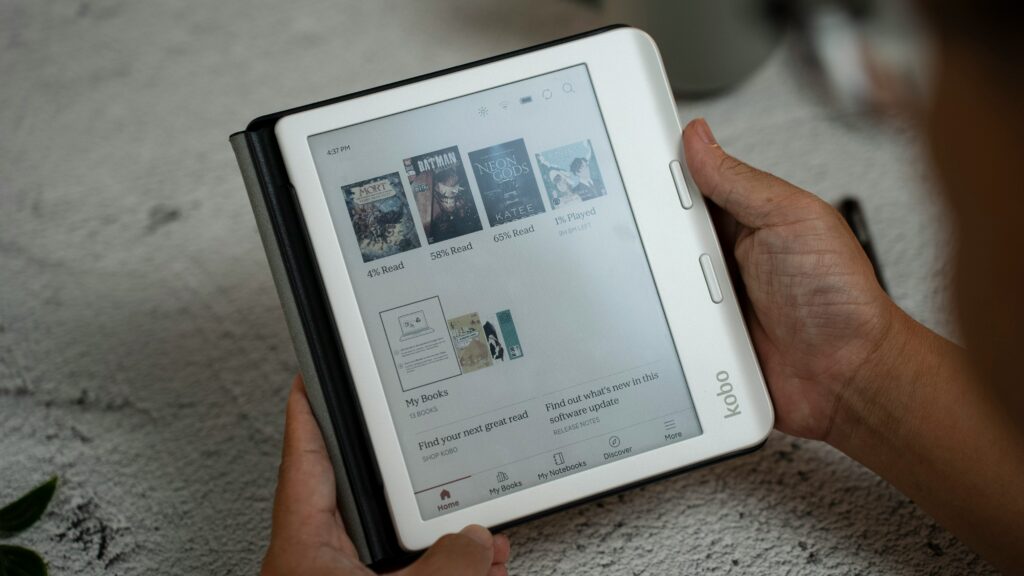
The U.S. Court of Appeals for the Second Circuit affirmed the district court’s ruling that nonprofit digital library Internet Archive (“IA”)’s practice of scanning entire books and lending the e-books for free was not considered fair use under Section 107 of the Copyright Act, and thus, infringed the Plaintiffs-Appellees Hachette Book Group’s (“Hachette”) copyrights in 127 fiction and nonfiction books (the “Works”). IA’s “Open Libraries Project,” an alternative to print books and eBook licenses, is an archive that allows libraries to supply print books, excluding books published within the past five years, to be checked out. The Works at issue in the Open Libraries Project were not licensed from publishers, and the authors while compensated for the print books used for scanning, were not compensated for the digitization and distribution of their works. This case emphasizes that the conversion of copyrighted physical material for free digital distribution, even when done noncommercially and through a library lending model, is not protected by fair use.
In March 2023, the district court granted summary judgment to Hachette, reasoning that they established copyright infringement, and that IA did not have a fair use defense. The district court assessed the four statutory factors under Section 107: purpose and character of the use (whether the use was commercial and transformative), nature of the copyrighted work, amount and substantiality of the portion used in relation to the copyrighted work as a whole, and the effect of the use on the potential market for or value of the copyrighted work. The district court concluded that IA’s use of the Works was not transformative because IA’s full reproduction of the Works served the same purpose as the originals in terms of making the Works available to read and IA’s solicitation of donations from physical book sales in connection to a link to a partner site embedded on IA’s website was commercially exploitative. Additionally, the district court found the remaining factors were also met.
The Second Circuit upheld the district court’s ruling, reasoning that IA’s digital copies of the Works only converted the format of the print books and failed to provide any new purpose or character to transform the original books. While the Second Circuit disagreed with the district court and assessed that IA’s use of the Works was not commercial in nature, it concluded IA’s work was not transformative. The Second Circuit found the second fair use factor favored Hachette because the Works were copyrightable, explaining that nonfiction books within the Works did contain subjective descriptions of facts and ideas by their authors. For the third fair use factor, IA undisputedly copied and distributed the Works to the public in full. Lastly, the Second Circuit agreed with Hachette there would be market harm, such as reducing potential licensing revenues and diminishing the incentive for consumers or libraries to pay publishers for digital content. The Second Circuit determined that such harm would outweigh the public benefit of the free digital library. Therefore, when weighing the factors together, the Second Circuit found each fair use factor favored Hachette.
While this may be a big win for publishers, it begs the question of how much control publishers will have over digital libraries and existing archives when facilitating e-book licenses, such as, determining the ratio for borrowing a digital book, the duration of the license, and at what price.
